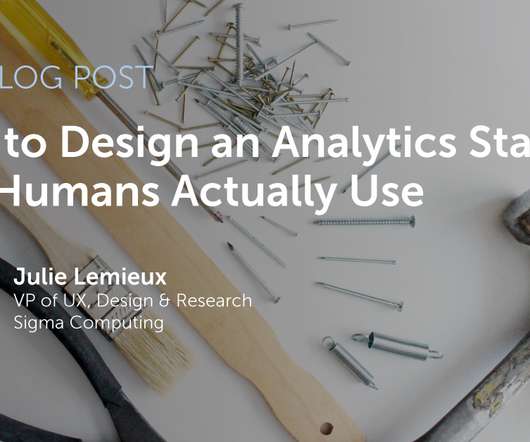Fueling Enterprise Generative AI with Data: The Cornerstone of Differentiation
Cloudera
JUNE 11, 2024
More than two-thirds of companies are currently using Generative AI (GenAI) models, such as large language models (LLMs), which can understand and generate human-like text, images, video, music, and even code. However, the true power of these models lies in their ability to adapt to an enterprise’s unique context.



















Let's personalize your content